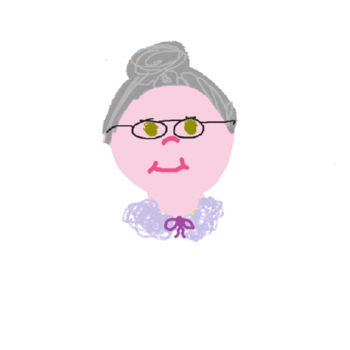What are nominative, oblique, reflexive, possessive determiners, and possessive pronouns?
1 Answer
A nominative pronoun functions as the subject of a sentence or a clause.
An oblique pronoun functions as the object of a verb or a preposition.
A reflexive pronoun is a pronoun that 'reflects' back to its antecedent.
A possessive determiner takes the place of a possessive noun.
A possessive pronoun takes the place of a noun that belongs to someone or something.
Explanation:
A nominative pronoun is also called a subject or a subjective pronoun.
The nominative pronouns are: I, you, we, he, she, it, they, and who.
An oblique pronoun is also called an object or objective pronoun.
The objective pronouns are: me, us, you, him, her, it, them, and whom.
A reflexive pronoun is used to restate or refer back to the subject of a sentence.
The reflexive pronouns are: myself, yourself, himself, herself, itself, ourselves, yourselves, themselves.
The reflexive pronouns also function as intensive pronouns when used to emphasize its antecedent.
A possessive determiner is also called a possessive adjective, a word that takes the place of a possessive noun to describe a noun as belonging to someone or something.
The possessive adjectives are: my, your, his, her, its, our, their.
A possessive pronoun takes the place of a noun that belongs to someone or something.
The possessive pronouns are: mine, yours, his, hers, its, ours, theirs.

